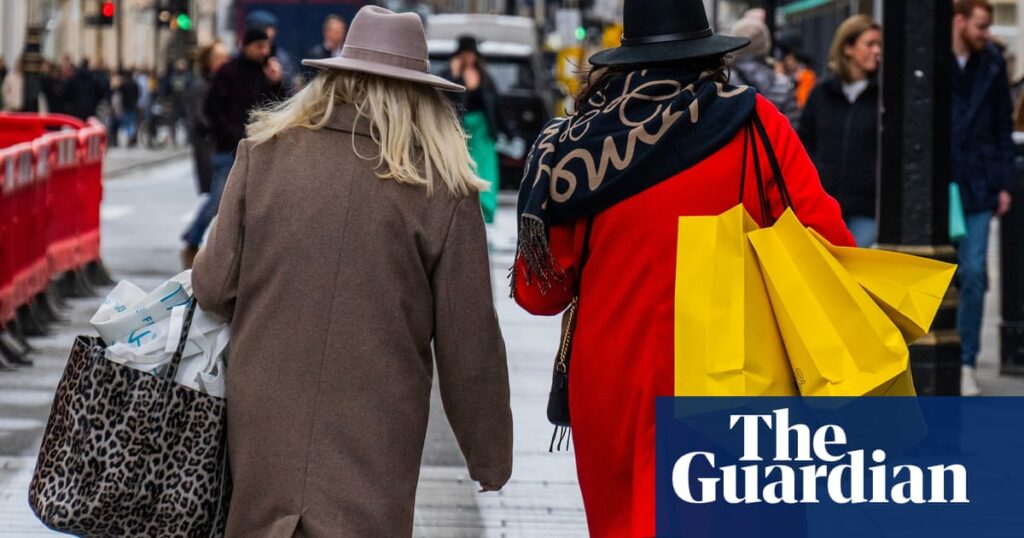Recent statistics reveal a slowdown in retail sales growth across Great Britain, highlighted by a rise in technology purchases but countered by reduced supermarket spending.
Despite the overall increase in sales volumes by 3.9% at the end of September – a peak since February 2022 – the drop in supermarket sales indicates a complex shift in consumer spending habits.
Technology Buoys Retail Sector
In September, retail sales volumes witnessed a marginal growth of 0.3%, surpassing expectations that forecasted a 0.3% decline. This unexpected uptick is primarily attributed to a significant surge in technology purchases, indicating a unique consumer preference shift.
Non-food stores, notably those retailing technology products such as computers and mobile phones, experienced a substantial monthly sales growth of 5.5%. Industry analysts suggest this was partly due to back-to-school spending, with parents investing in necessary tech upgrades for students.
Supermarkets Face a Downturn
Conversely, supermarkets faced challenging times with a 2.4% decline in sales, marking the most significant monthly decrease for food stores this year. The reluctance of consumers to splurge on luxury food items appears to be influenced by economic factors and the inclement weather.
Hannah Finselbach from the Office for National Statistics highlighted that adverse weather conditions played a crucial role in the downturn in supermarket sales. This, coupled with a continued consumer trend of economising on high-end groceries, underscores the shifting priorities within household spending.
Annual Trends and Analysis
Throughout the year leading to the end of September, sales volumes rose by 3.9%, representing the most significant annual increase since early 2022.
September’s figures reflected the highest sales growth since January, with March 2022 being the last time such volumes were observed. However, high-value items like furniture continue to suffer from sluggish sales, as customers remain cautious about substantial financial outlays.
Kris Hamer from the British Retail Consortium commented on this trend, noting that while retailers see growth in specific sectors, the preference for experiential spending over tangible goods remains evident.
Outlook and Economic Concerns
Retailers are approaching the end of the year with apprehension, largely due to anticipated fiscal policy changes. Particular anxiety surrounds the upcoming Labour budget, which may include increased national insurance contributions for employers.
Additionally, next year’s expected rise in business rates is generating concern among retailers, adding pressure to an already taxed industry. Kris Hamer emphasised the inequity in current business taxation and called for adjustments to create a fairer economic environment.
Implications of Fiscal Policy
Impending fiscal changes are sparking debate among industry experts. Proposed modifications to national insurance and business rates could significantly impact retail businesses, particularly smaller operations already navigating the challenges of post-pandemic recovery.
As the sector braces for possible tax changes, these concerns reflect broader economic indicators, including inflation and consumer confidence trends. The Chancellor’s decisions will play a pivotal role in shaping the retail landscape moving forward.
Consumer Behaviour Insights
A discernible shift in purchasing behaviour suggests that while essential goods face stagnation, tech and luxury non-food items continue to capture consumer interest.
Despite the recent overall sales growth, expenditure on big-ticket items remains subdued. This trend suggests a strategic reallocation of spending towards more immediate or value-perceived purchases, resonating with current economic sentiments.
This period of mixed retail performance reflects broader economic challenges and shifting consumer priorities, with technology purchases offering a surprising cushion against declines in other sectors.


